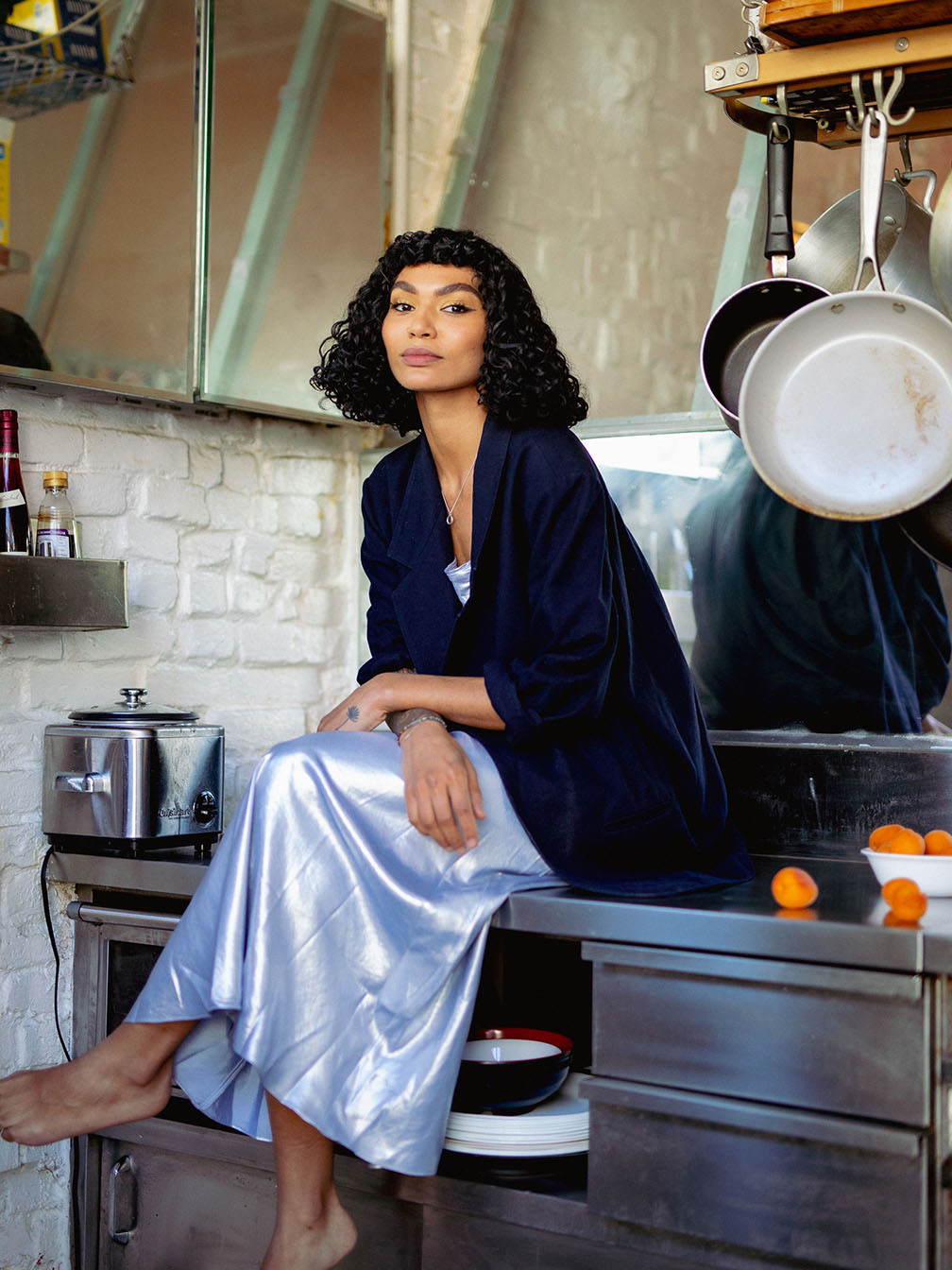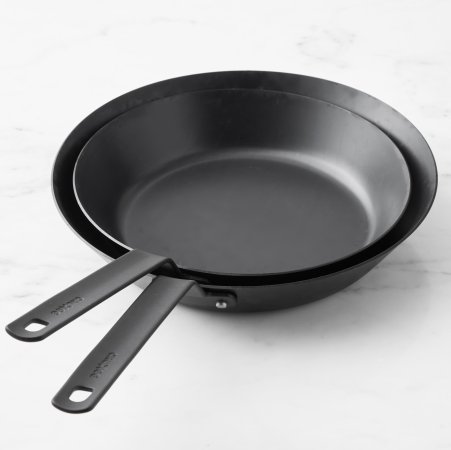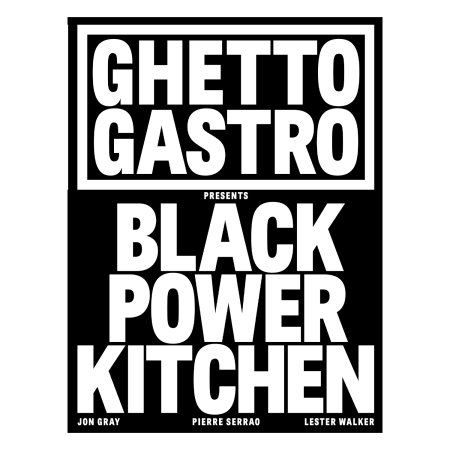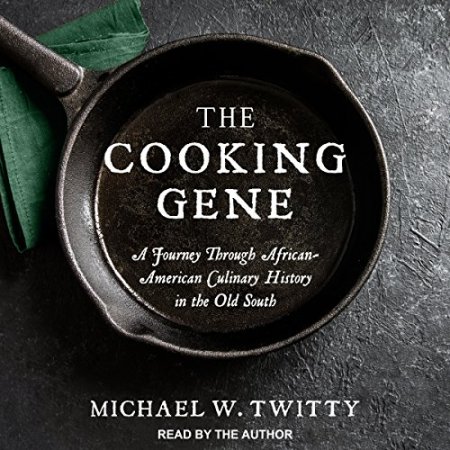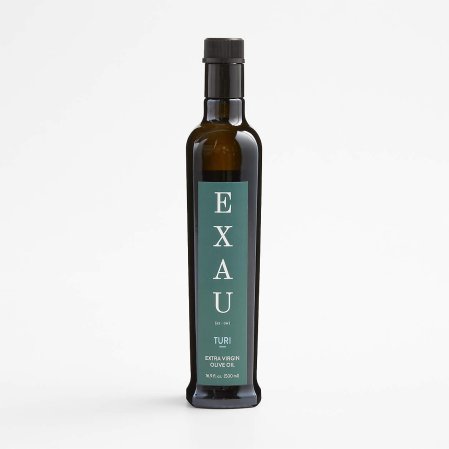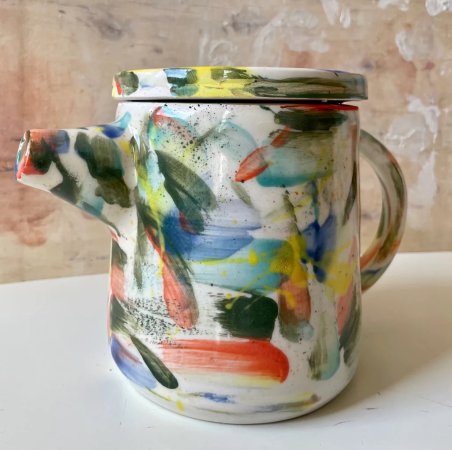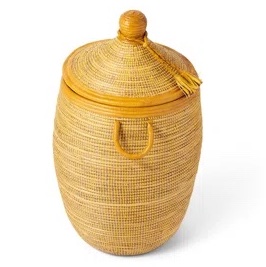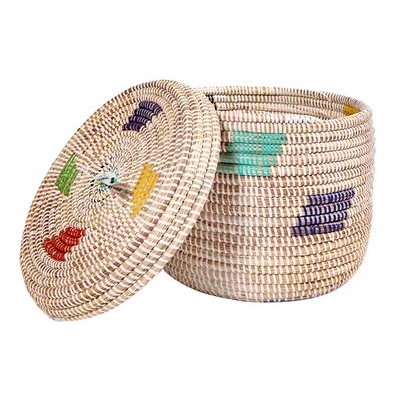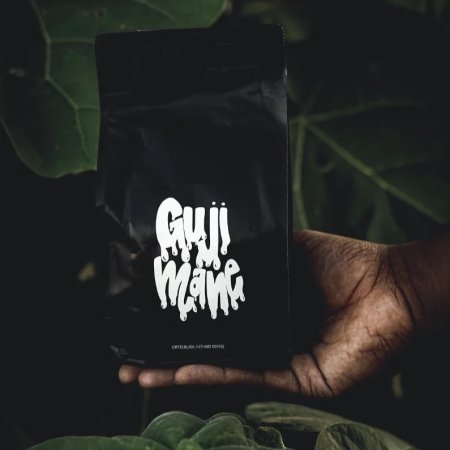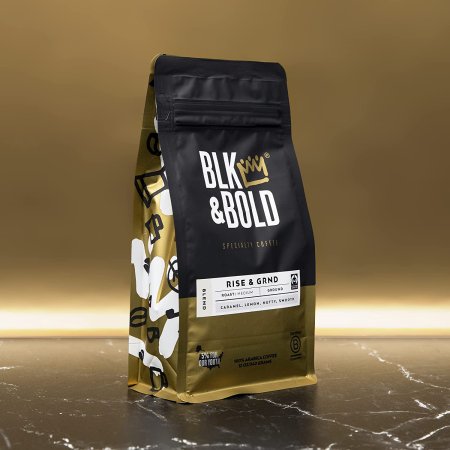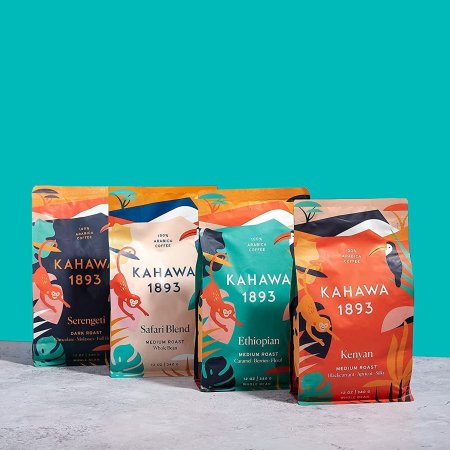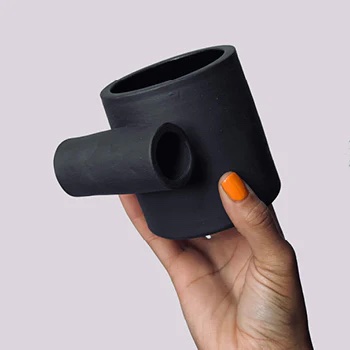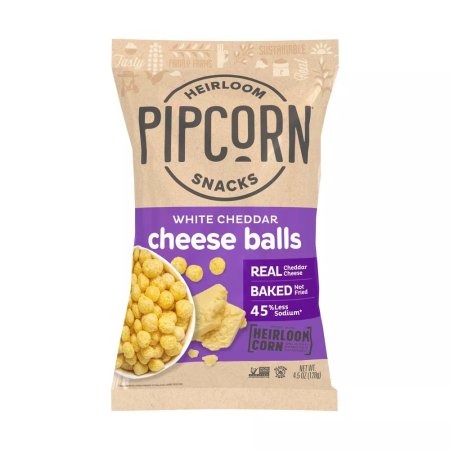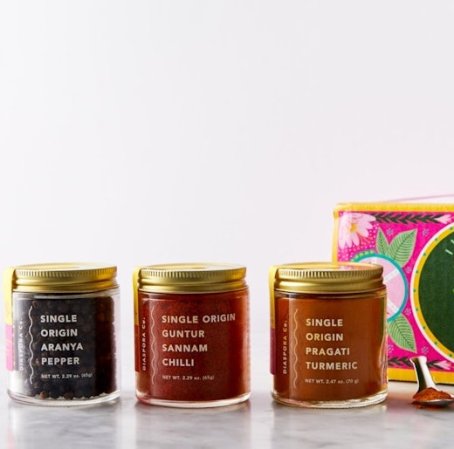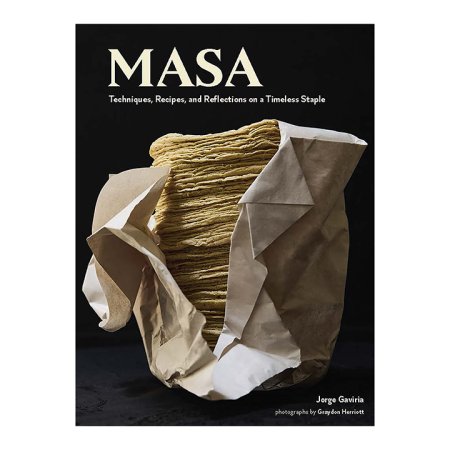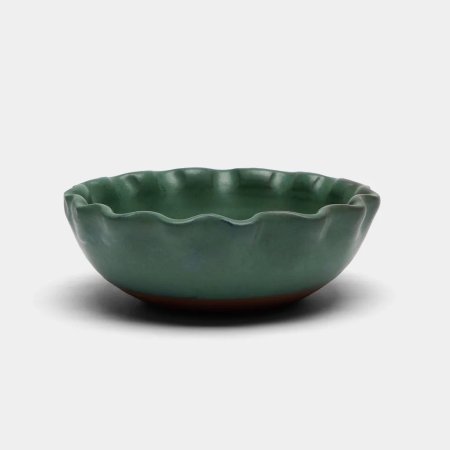We may earn revenue from the products available on this page and participate in affiliate programs.
In the second season of Tastemade’s Counter Space, culinary creative Sophia Roe travels the world to uncover the stories behind what we eat. At times they’re shocking (roadkill for dinner?!), and at others, serious (food access, racism, and climate change all get airtime). Her next endeavor, though—a magazine!—is all about having fun.
“I want to bring something to everyone outside of this space in Apartment Miso,” Roe says, referring to her online culinary studio in Bushwick, Brooklyn. “I can’t send the cinnamon rolls I’m making to Seattle. But I can put everything I’ve been working on over the past few months in a magazine to share.” The publication will be a mix of behind-the-scenes stories and experimental recipes, all done in the spirit of open-mindedness and creativity. “In this huge industry of agriculture, everything has to make sense,” she notes. “But once you get it in front of you, it’s okay to play with your food…as long as you eat it afterward.”
For now, she’s staying tight-lipped about the project’s name and the first issue’s theme, but she’s happy to share some of the products that make her playtime possible. And in the spirit of honoring Black History Month, each of her picks spotlights a Black-owned brand.
My Must-Have Cooking Tool
There are only five things a person truly needs in their home to be able to cook: some kind of pot or Dutch oven, a cutting board, a set of sharp knives, utensils, and a good heavy-bottom skillet. For that last one, CRUXGG recently came out with these blue steel pans. They’re lighter than cast iron, but they cook just like it.
CRUXGG Seasoned Blue Steel Fry Pan Set
Williams SonomaCookbooks I’m Loving Right Now
Ghetto Gastro’s Black Power Kitchen is absolutely incredible. Is it a cookbook or more the story of growing up in the Bronx and the importance of cultivating a relationship with your community? Either way, it’s truly a game changer.
Then if you’re a person who likes a bit of history with your food, we have to talk about Michael Twitty. If you’d like to understand why, for example, there are jokes about Black people liking fried chicken, start with The Cooking Gene—he dives into so many fascinating food origin stories.
One Ingredient I Can’t Live Without
Olive oil. I just don’t understand how you could actually have a kitchen without it. And Exau is in-cred-i-ble.
EXAU Harvest Turi Extra-Virgin Olive Oil
Crate + BarrelThings I Dress Up the Table With
A good majority of things in my kitchen are from Etsy, and I love the store Bespoke Binny. It’s very African, and homegirl doesn’t just do linens—send her a message and she’ll make anything you want. Now I’m not much of a linen napkin girl, but if you like that Athena Calderone look and want to buy Black, Linoto will give you that vibe.
Then there’s Melina Kemph at Honey Lain, who doesn’t just make plates and bowls, she does things like olive oil cruets in this cool splattered glaze. And for glasses, you can find Estelle Colored Glass at West Elm in every shade.
A Hack for Storing Kitchen Towels
If you have a small kitchen and don’t have a lot of space, these beautiful baskets from Tackussanu Senegal are a cool way to reimagine what you do with your linens.
What I’m Sipping on the Side
I’m not a spirits drinker, but coffee is a great place to support Black folks because there’s no coffee-growing region that doesn’t have Black folks. There’s a brand called Cxffee Black that has apparel; it has its own roaster in Memphis and an actual shop. For something more accessible, you can get Black and Bold beans from Whole Foods. There’s also Kahawa 1893—this is a really important bean because it comes directly from Kenya. And since it’s direct trade, it benefits the people who actually harvest the cherries there. If you want to get a beautiful mug to make it even more special, Lolly Lolly Ceramics is where it’s at.
Snacks I Stock in My Pantry
From chili-flavored chips to five-minute fonio pilaf, you’ve probably seen Yolélé in your grocery store. It’s sort of an ode to West African cuisine, and the company is really trying to put this grain on the map. It’s important for people to know there are other things out there besides pasta and rice.
I also want everyone to know that Pipcorn is a Black-, queer-, woman-owned company. It’s truly amazing when you’re able to buy products and you’re not just buying something, you’re helping to create generational wealth for Black people in America.
